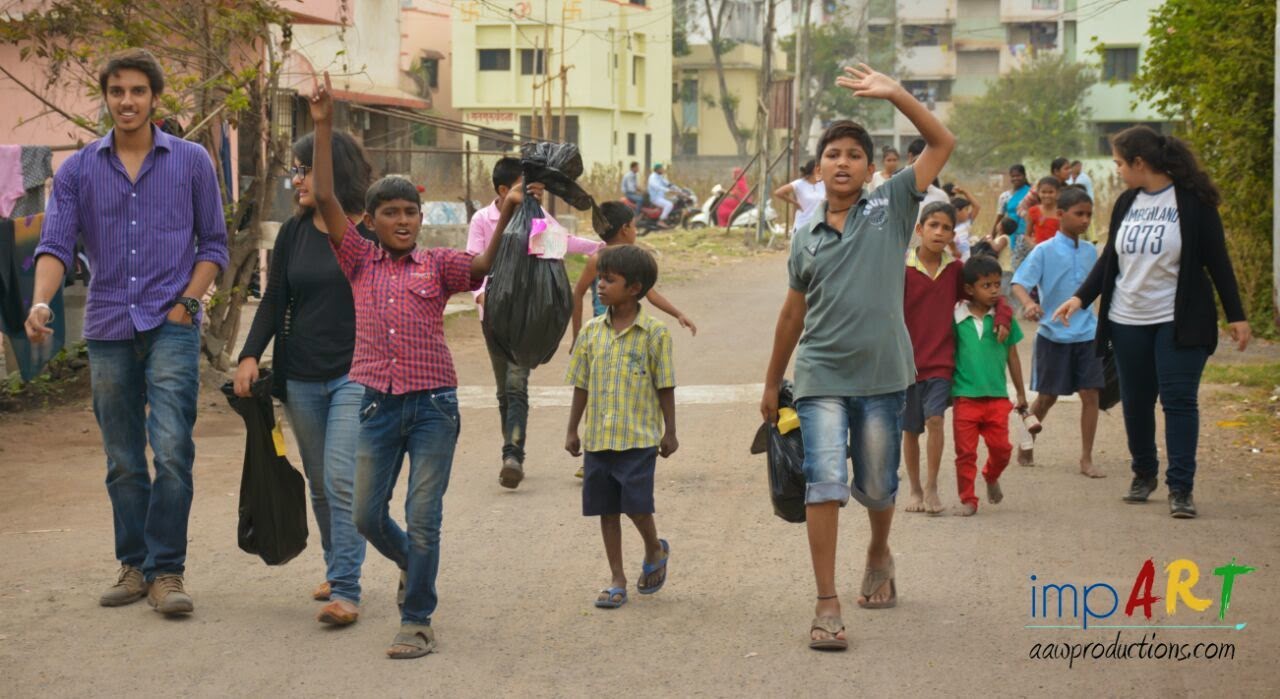“The days of the period were very hard before sanitary napkins”, says Revathi, a young woman from a small town. When she started menstruating, she was very scared because she didn’t know what was happening to her and her mother dodged her questions. The same thing happens to countless young women in India,
where it is taboo to speak openly about menstruation, even in homes and schools. Traditionally, women mustn’t go to public places when they are menstruating, so many prefer to stay home and
almost one third of school-age girls refrain from going to school.
In India,
only 12% of the women use sanitary napkins regularly, partly due to their high price and partly out of ignorance. Most use pieces of cloth, like Revathi. For her, things changed when she started working in a factory of low-price napkins that opened in her village. Now she sells them door to door and talks to women about their feminine hygiene. Revathi says this makes it easier for women to buy them, because in stores the salesclerk is usually a male and this puts women in tough spot.
Because of their price, cheap napkins are changing the lives of women who previously didn’t leave their house to avoid staining their clothes,
while also being a source of jobs for them. This has been possible thanks to a man,
Arunachalam Muruganantham, a former welder who developed an almost obsessive interest in sanitary-napkin making. Neither his wife nor his neighbors understood how a man could devote his time to thinking about such an issue.
However, his efforts paid off. After years of study and experiments, he created machine that was very simple and easy to use. To date, he has sold a thousand units in India, often in exchange for animals or other goods, and has begun to market it in 18 other countries, mainly Asia and Africa. He claims that
over 15,000 jobs for women in India have been created thanks to his machines.
Arunachalam is convinced that for social and economic development of India and other countries to be more equitable,
it is necessary to give women equal opportunities and easier access to the labor market. “The key to equality starts with menstrual hygiene. Girls should feel safe when they go to school so they won’t drop out and can continue developing their potential.
Worldwide, they are struggling and want to excel. The problem is that they don’t have the same opportunities”, he says.
Source: elpais.com












